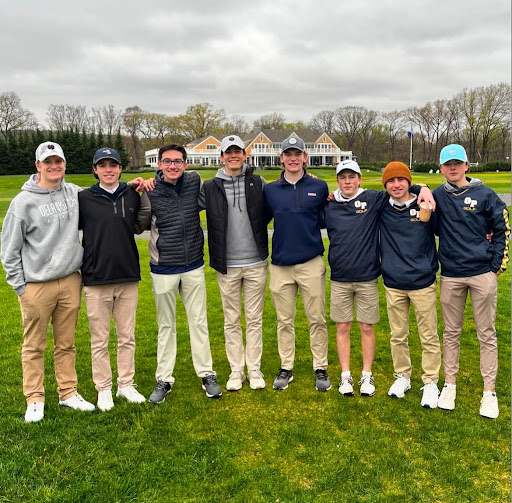Whipworm & Natural Tropical Diseases – A Silent Killer

November 14, 2016
Most current-day health discussions in the news are centered around a handful of diseases
that have prevalence both in the U.S. and internationally. Diseases like heart disease, cancer,
diabetes, and AIDS are among the most impactful diseases in the United States, and this leads
many to believe these illnesses are the worst killers that the world faces today. Statistics show
quite the contrary: what if I were to tell you that many of the deadliest diseases facing the world
today were ones that we already had a cure for? Neglected Tropical Diseases, or NTD’s for
short, are seven diseases most prevalent in developing countries that scientists have remedies for,
but are unable to eradicate due to poverty in the areas afflicted. One in six people worldwide
have an NTD illness, including over half a billion children.
One of the most common of the NTD diseases is Trichuriasis, or whipworm. Most
commonly found in warm tropical climates, whipworm infects over 800 million people
worldwide, and is contracted through accidental ingestion of human fecal matter. The virus
settles in the large intestine and colon, as eggs hatch and the worms grow, eventually reaching
approximately four cm in length. Adult whipworms live in the body for up to a year, and can be
extremely hard to rid of without proper medical treatment, as female whipworms can shed over
20,000 new eggs per day. Children are at highest risk for the disease, as they commonly play
outside in the dirt; the disease can stunt their growth and slow their cognitive development.
There are multiple medicines created that have been able to successfully treat whipworm,
and all are taken orally. The cost of this medication is a measly 2 cents per pill, but despite this,
millions are left untreated. Developing countries simply don’t have the infrastructure and money
to treat their citizens. That’s where you can help: the OP Student Council, in collaboration with
me, John Felitto, and the University of Notre Dame, will be holding a tag day on December 2 nd to
benefit END7, an organization whose sole purpose is to facilitate the delivery of drugs and
treatment of NTD diseases to developing countries.
Donation to the treatment of NTD’s is one of the most effective donations you can make,
as it helps people administer a drug for a disease that has been all but eradicated in first world
countries. Reducing and eradicating whipworm and other NTD’s worldwide is a lofty, but
nonetheless possible goal, requiring only financial backing to be able to deliver the proper
medications to those in need. More information about Whipworm will be available to Oratory
Students in the coming weeks through a series of outlets. The most effective way to end these
diseases is to raise awareness – spread the word!









